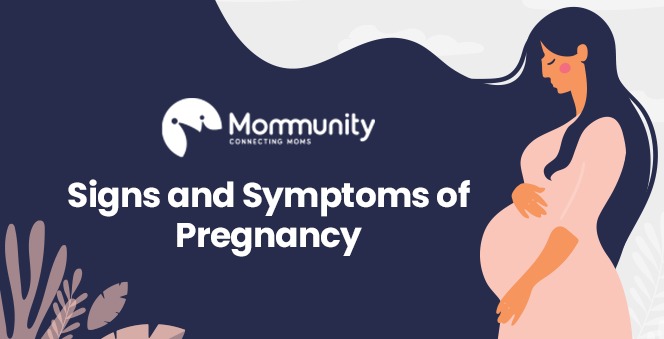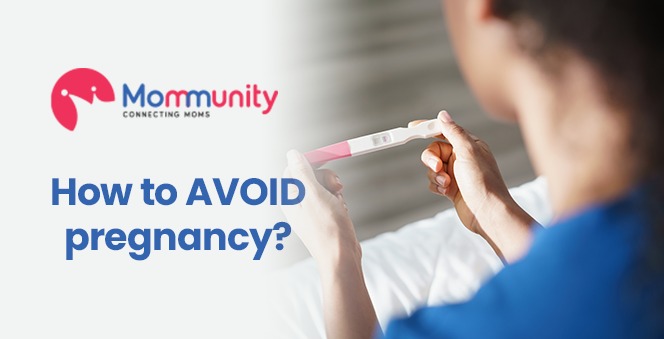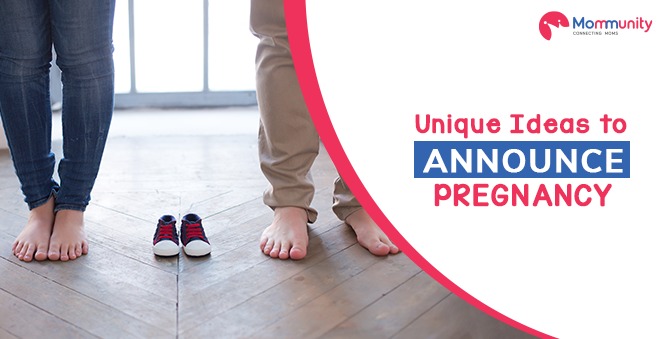When you’re trying to conceive, you’ll be on alert for any pregnancy symptoms your body may exhibit. Many possible signs must have been mentioned by friends or family members who have previously been pregnant. Of course, many well-intentioned folks are always willing to offer unsolicited advice about pregnancy symptoms to watch out for.
Symptoms of PregnancyIt’s difficult to tell which facts are true and which are myths when you’re overwhelmed with so much information. The truth is that there are numerous early pregnancy symptoms, and you will not experience all of them. Symptoms differ from one woman to the next and from one pregnancy to the next.
WHEN DO PREGNANCY SYMPTOMS START?
Some women may discover pregnancy symptoms as soon as a week or two after conception. In contrast, others may not notice symptoms until 4-5 weeks after conception or only when their periods are missed.
If your periods are regular and the number of days in your menstrual cycle is predictable, you should suspect pregnancy if you have any symptoms listed below. Suppose your periods are irregular or the length of your menstrual cycle is unexpected. In that case, the symptoms may not always indicate pregnancy and may be caused by various factors such as hormonal changes, PCOD (Polycystic Ovarian Disease), and so on.
So, women, no matter how many pregnancy symptoms you’ve had, it is best to rely on a pregnancy test for genuine confirmation.
EARLIEST SYMPTOMS OF PREGNANCY
However, knowing and understanding the usual early symptoms of pregnancy, which appear within a week or two of conception, is still essential:
1. BREAST SORENESS
One of the first indicators of pregnancy for women is sore breasts and nipples. Though discomfort in the breasts is a symptom of PMS (Premenstrual Syndrome), it usually goes away as your period approaches. As your pregnancy progresses, the amount of soreness you experience rises. Increased levels of progesterone and estrogen hormones in the body induce increased blood flow to the breasts, resulting in this symptom. The discomfort will develop as your pregnancy progresses and your hormone levels rise.
2. AREOLA DARKENING
The area around your nipple, known as areolas, appears larger and darker during early pregnancy. Due to a surge in the pregnancy hormone hCG – Human Chorionic Gonadotropin – this can happen as early as 1-2 weeks after conception. The darkening of the areolas can last for the duration of the pregnancy, or it can be permanent.
3. CRAMPING
Cramping is both a sign of impending menstruation and an early symptom of pregnancy. Even though the cramps appear to be the same, they are caused by distinct reasons before and during pregnancy. Increased blood flow to the uterus causes cramps during early pregnancy, while cramps before periods are caused by an increase in the hormone prostaglandin. Pregnancy cramps are usually mild and symmetrical, and they occur in the center above the pubic bone. Consult your gynaecologist right away if the cramping is severe and accompanied by blood or if the cramping is exclusively on one side.
4. SPOTTING
You may see light pink or brown spots in 6-12 days after conception. This occurs as a result of minor irritation caused by the fertilized egg burrowing itself into the uterine lining. Implantation haemorrhage is another name for this. Spotting can happen during ovulation as well. As a result, it is preferable to confirm your pregnancy with a pregnancy test.
5. URINATING FREQUENTLY
It could be an indication of pregnancy if you experience a strong desire to urinate regularly. This symptom usually appears between two-three weeks following fertilization. The increased hCG hormone levels after the fertilized egg is implanted, cause frequent urination.
6. CONSTIPATION
Constipation can sometimes be an indicator of probable pregnancy. Increased progesterone levels relax the smooth muscular tissues of the intestines. This causes food to pass more slowly through the intestines, slowing bowel movements and resulting in constipation.
OTHER PREGNANCY SIGNS AND SYMPTOMS
We’ve talked about early indicators of pregnancy up to this point, which occur between 1-3 weeks after conception. Other signs and symptoms appear between weeks 4-6 of pregnancy. Let’s find out more about these signs and symptoms.
1. FATIGUE OR A PERSISTENT SENSATION OF EXHAUSTION
During the first trimester of pregnancy, many women endure extreme tiredness. Due to the spike in pregnancy hormones following implantation, as well as your body’s efforts to nurture the baby, you may feel exhausted. Fatigue will usually last until the end of the first trimester, then begin to fade in the second trimester.
2. FOOD CRAVINGS
Pregnant women have a lot of food cravings, especially in the first trimester. Though experts aren’t sure what causes the cravings, many people feel they are the body’s way of communicating what it requires. It’s okay to give in to your desires, but try to limit your intake of empty calories.
3. AVERSIONS TO CERTAIN FOODS
You may develop aversions to specific meals long before you realize you’re expecting. Food aversions are thought to be an evolutionary warning siren that sounds when it encounters a potentially dangerous food, even though no evidence has been found to support this theory.
4. NAUSEA/MORNING SICKNESS
Morning sickness/nausea usually begins three weeks after fertilization. The increase in HCG hormone is thought to be the cause of nausea and vomiting. This is one of the most frequent pregnancy symptoms, and by the end of the first trimester, it should be gone. For many women, though, it may last until the last trimester.
5. MISSED PERIOD
A missed period is the ultimate indicator of pregnancy if your menstrual cycles are regular. However, if your cycles are irregular, you should get a test to confirm your pregnancy. In addition, the hormones restrict future egg release from the ovary, ensuring that the menstrual cycle does not begin until the pregnancy is over. However, if you haven’t conceived, the unfertilized egg does not implant in the uterus, and the uterine lining is lost, resulting in menstrual cycles.
As you’ve read thus far, some pregnancy symptoms may appear shortly after conception or a few weeks later. Many of the symptoms, such as nausea and vomiting, can be caused by stomach infections; others, such as exhaustion and food cravings, can be caused by nutritional deficiencies; symptoms of missed periods might be caused by hormone imbalances, and so on.
It’s always a good idea to get a pregnancy test to ensure you’re on the right track. If you suspect you’re pregnant and are experiencing unusual symptoms such as severe cramping, vomiting, diarrhea, or extreme bleeding, see your doctor immediately.




